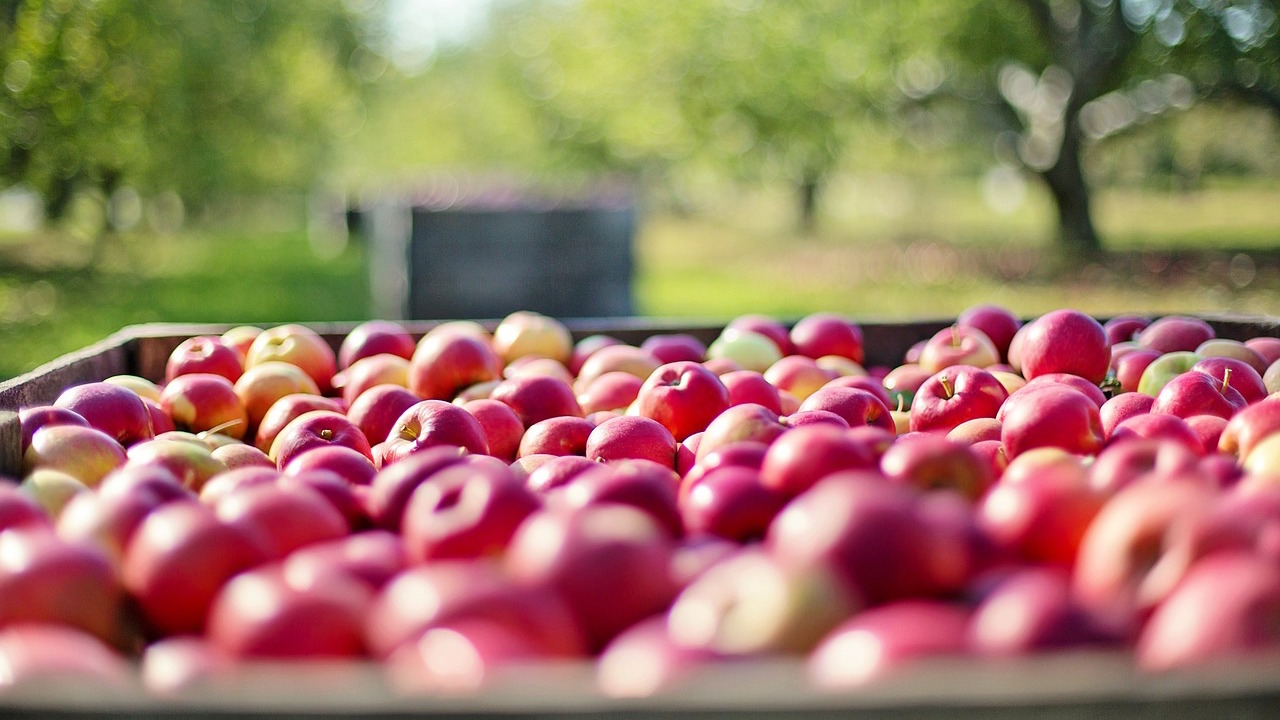Financing the Farm: A Quick Guide

Farm loans and agricultural financing differ in significant ways from financing a residential property or even a commercial property. If you’ve ever considered agricultural financing, here are some important questions you might have.
Contents
- 1 What is the Primary Difference between a Traditional Mortgage, Such as the One You May Have on Your Home, and a Farm Mortgage?
- 2 What Is the Difference Between an Agricultural Mortgage and a Farm Loan?
- 3 How Are Interest Rates Determined on Agricultural or Farm Mortgages?
- 4 Can You Obtain an Agricultural Mortgage on a Second Home?
- 5 What Type of Down Payment is Required for an Agricultural Loan?
- 6
- 7 What Type of Collateral is Required to Obtain an Agricultural Loan?
- 8 What Are the Tax Implications of an Agricultural Loan?
- 9 What are the Eligibility Requirements for an Agricultural Loan?
What is the Primary Difference between a Traditional Mortgage, Such as the One You May Have on Your Home, and a Farm Mortgage?
The primary difference is the property itself and its intended use. While traditional financing may be used for your dwelling, farm financing is only for land that has been zoned specifically for agricultural use. While it may include a dwelling, farm financing is taken out for land that is used in the growing of crops or raising of livestock.
What Is the Difference Between an Agricultural Mortgage and a Farm Loan?
Typically an agricultural mortgage is used directly to purchase a farm, although in some instances it may be used to purchase residential or commercial properties in rural areas. A farm loan, however, is generally used to purchase machinery or supplies or to pay for labor, all costs directly related to the operation of a farm or ranch.
How Are Interest Rates Determined on Agricultural or Farm Mortgages?
Interest rates are determined independently of residential interest rates for homes. Commercial lenders determine interest rates according to federal funds and deposits rates. The loans are priced through Farmer Mac, the agricultural equivalent of Fannie Mae.
Loans through the Farm Credit System, however, are priced based on bonds issued by the Farm Credit Funding Corporation. These bonds, although priced several basis points above the Treasury notes that are of equal term to the bonds, are generally considered to be risk-free, because they are guaranteed by the government.
Can You Obtain an Agricultural Mortgage on a Second Home?
In some cases, yes, a borrower can take out an agricultural mortgage on a second home. Many city dwellers purchase a second home in a rural location and operate it as a hobby farm. In this type of case, an agricultural mortgage may be used. If this loan is taken out through nationwide Farm Credit System, using a lender such as Western AgCredit, the home and hobby farm must be in a rural area. Equity from the first home may, in some cases, be used to secure funding for the second home.
What Type of Down Payment is Required for an Agricultural Loan?
Requirements for down payments vary according to the lender, with some lenders requiring as little as 15% in down payment. The United States Department of Agriculture (USDA) offers down payment assistance of as much as 40% of the required down payment to beginning farmers who qualify. This is a loan, not a grant, so this down payment assistance must be repaid.
What Type of Collateral is Required to Obtain an Agricultural Loan?
Like a residential mortgage, an agricultural loan typically uses the property itself as security against the loan. Should a borrower default, the lender has the right to foreclose upon the property.
What Are the Tax Implications of an Agricultural Loan?
The interested deduction on a second home financed by an agricultural or rural loan is the same as the interest deduction on a primary residence. However, if the interest is on a mortgage taken out on a commercial farm, the farm will be registered as a business. This means that any interest paid on a loan is treated as a business expense, not a tax credit. There is no particular tax treatment for an agricultural business as compared to any other type of business.
What are the Eligibility Requirements for an Agricultural Loan?
As with financing a residential home purchase, lenders require a strong credit history. Borrowers must demonstrate that they have a history of paying bills on time and that they have strong credit scores.
Additionally, lenders generally want to see that borrowers have sufficient experience operating a working farm. A loan can be justified only if the lender has reason to see a return on that investment. Often, a lender will ask to see some sort of documentation that the borrower has experience working on a farm or running the business end of a farm for three of the previous 10 years.
Agricultural loans, whether farm loans or farm mortgages, differ from financing for residential real estate in some significant ways.

